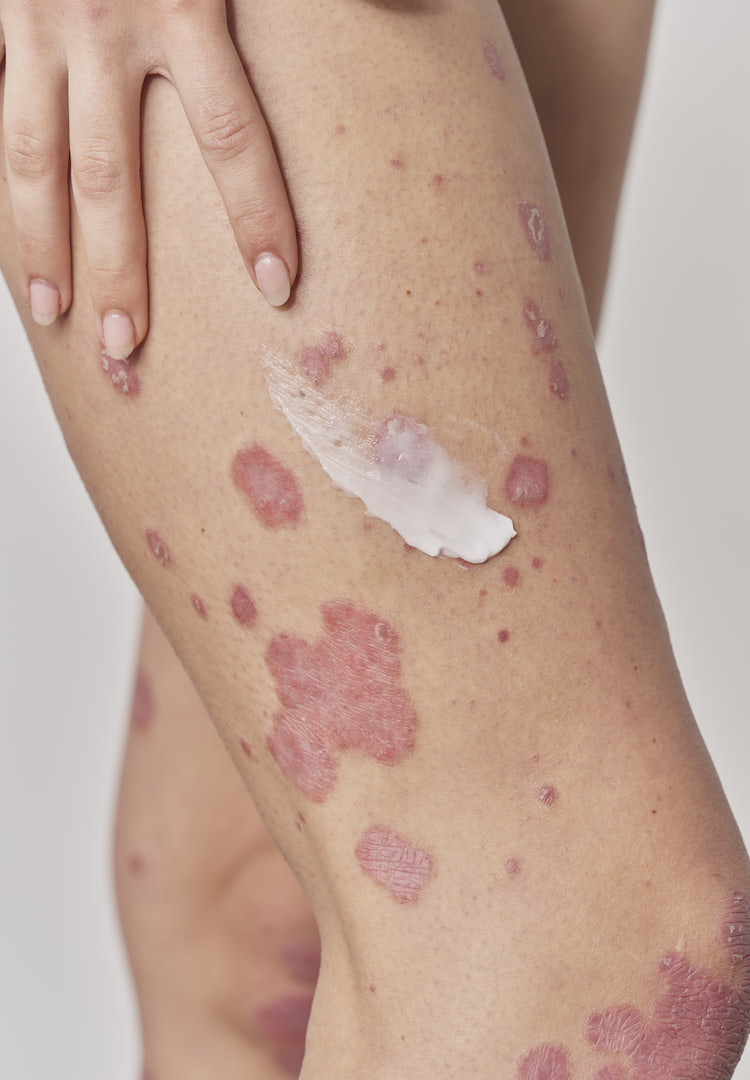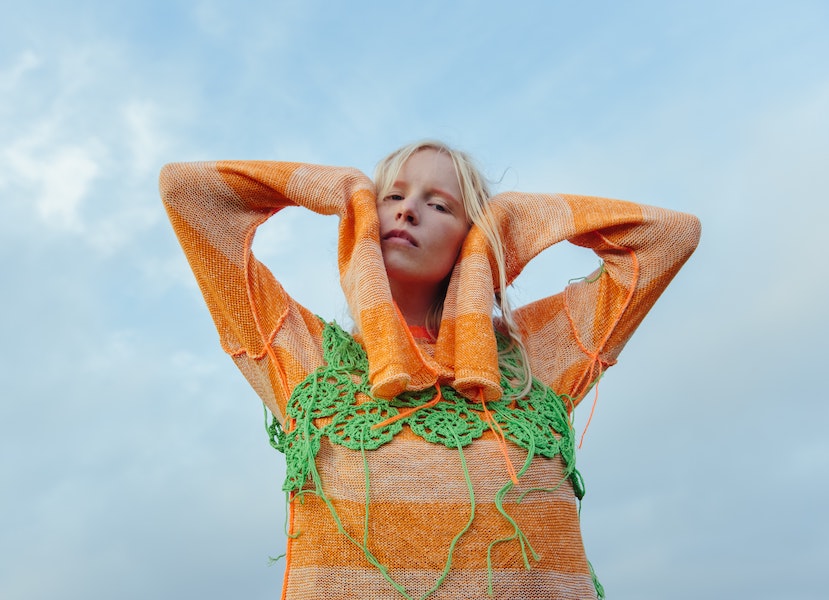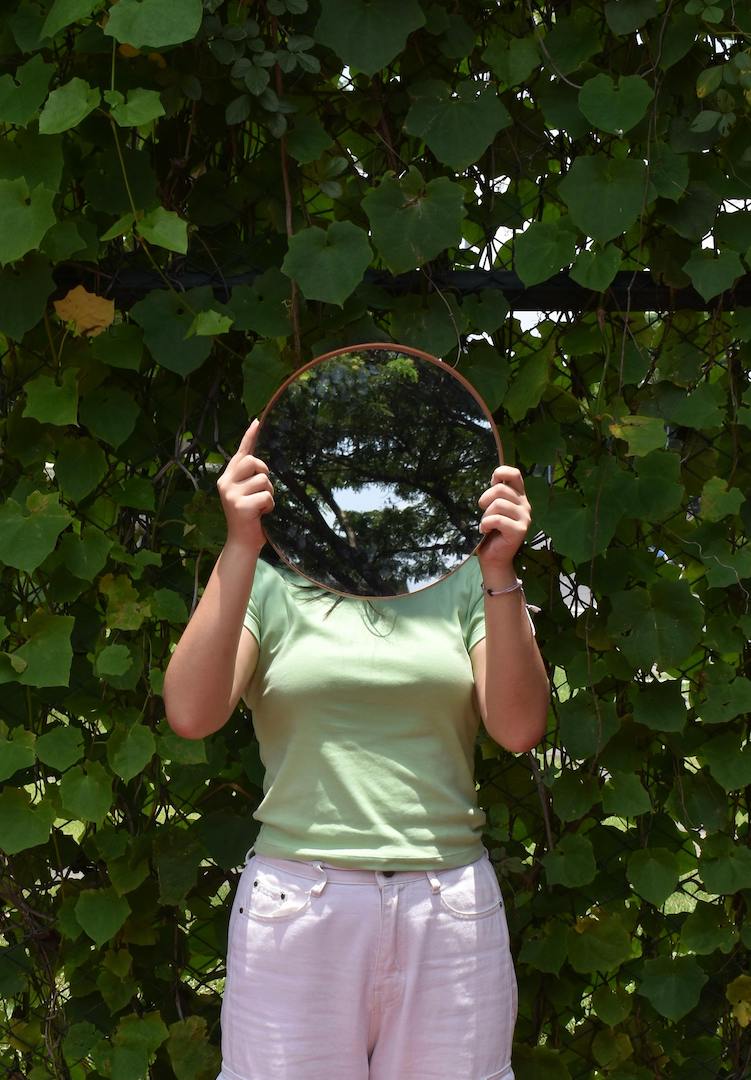Is it normal to feel fatigued during my period?
WORDS BY HANNAH COLE
“Basically, if you resist slowing down, you are likely to be forced to slow down eventually by your hormonal symptoms.”
For many women, the menstrual cycle is dealt with a heavy-handed blow. We ride a wave of emotions every 28 days or so, weaving in and out of hunger, pain, heightened emotions and, of course, fatigue.
For more content like this, browse through our Life section.
It’s still a man’s world out there, but the argument in favour of menstrual leave policies is growing. While we sit and wait (im)patiently, I asked the experts about period fatigue. Is it normal?
Why is fatigue often experienced while on our period?
Sophia Tremenheere, an integrative nutritionist, period expert and TEDx speaker, flags that “There is a lot more to our menstrual cycle than being ‘on our period’ and ‘off our period’.”
Throughout the four phases of the cycle – menstruation, follicular, ovulation and luteal – our hormones constantly fluctuate. “The best way to compare our cycle’s phases is to the seasons of the year,” she tells me, with each often registering particular symptoms or feelings. “Our period [is] likened to winter.”
Many people start feeling fatigued in the days or weeks prior to menstruation, says Tessa King, a specialist women’s health GP at Jean Hailes. “In the first half of your menstrual cycle, you have rising oestrogen levels until you ovulate, and then in the second half of your menstrual cycle, the hormone progesterone rises up. You get a lowering of the progesterone as you come into your period.”
During menstruation, oestrogen and progesterone are at their lowest points, and the uterine lining is shed. Typically, this affects our mood and energy levels; symptoms include brain fog, lack of concentration and insomnia. As Tessa points out, sometimes we may wake from an amazing sleep or enjoy a long slumber, yet we still feel dead tired. We just want to hibernate (hence the winter analogy).
Is it normal? Is it a problem?
“It shouldn’t be accepted as ‘just a part of life’,” says Sophia. As she puts it, “Your period is your monthly health report card”, so it may be signalling other issues within the endocrine system, depending on the symptoms. Tessa adds “If you’re finding that fatigue is continuing and it’s not just cyclical for a few days, then [it] might be another underlying condition”.
The root cause could be related to gut or thyroid health, blood sugar levels, low melatonin and sleep quality, explains Sophia. “But the most popular one we can pinpoint it to is ‘hustle culture’, which glorifies busyness. This is impractical – and why we can see so many of us experiencing hormonal imbalances.”
Personally, I was glad to hear Sophia address this. Navigating my own issues, I have learnt that my natural affinity for a busy life has ultimately wreaked havoc on my hormones. Now I’m going through a process to fix it, with more than just a bandaid solution. Could the end of the #girlboss era spell an opportunity for us to reconnect with our bodies and our cycles?
“A standard working day has been set up to work perfectly with a man’s 24-hour hormone cycle, whereas a woman’s hormone cycle lasts on average 28 days. We are expected to show up every single day the same, despite hormone fluctuations, and are forced to ignore the impact they have on our physical, emotional and mental wellbeing,” explains Sophia.
What’s a menstruating girl to do?
“My favourite advice to give is ‘You can consciously surrender, or you can unconsciously surrender’,” Sophia tells me. “Basically, if you resist slowing down, you are likely to be forced to slow down eventually by your hormonal symptoms.” Instead of unwillingly reaching that halt mark, try pre-planning for the luteal (the week leading up to menstruation) and menstrual phases.
“Perhaps you want to commit to only one social event that week instead of your usual three. It’s okay to say no.” Tessa agrees and recommends “working with those changing hormones to allow yourself time to rest”. It’s also important to continue to exercise, even if we limit the intensity, “because exercise has a really positive impact on fatigue”.
Coming from a nutritional angle, Sophia suggests increasing your calorie intake with complex carbohydrates, like legumes and sweet potatoes, to assist in curbing cravings and stabilising blood sugars. Tessa also notes that our metabolism slightly increases at this stage, so we need more food and fuel.
Additionally, you should prioritise foods that are rich in magnesium (like dark chocolate and dark leafy greens) and iron (including beetroot, beans and spinach) for support. It’s all about nourishment, baby.
Of course, if the condition is severe and unmanageable, you need to speak to a health professional. Get your iron checked, find a good women’s health GP, and investigate natural therapies (with qualified specialists). Tessa also sees patients with premenstrual dysphoric disorder who experience severe and debilitating mood changes (it’s a condition that affects about 10 to 15 per cent of menstruating women).
For her, it’s important to open up the conversation about how we each experience our periods. “I think women get told a lot that it’s normal. It’s normal to have mood changes or it’s normal to have fatigue,” she explains. “You know, that might be the case. But there are things that we can do to help.” Whether it’s heavy periods, persistent fatigue or other physical and mental symptoms, it’s always worth reaching out for help.
For more on dealing with period-related fatigue, try this.










